The Family: John Paul II’s Formative Proposals
Initiatives of the Pontifical Institute Bearing His Name, in the Amoris Laetitia Family Year
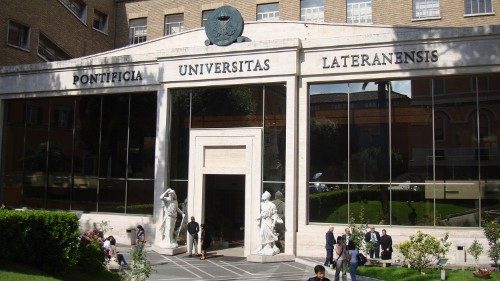
Studies and formative proposals on feminism and on patriarchy, on disability, economy, and adoptions, but also historical and biblical studies, theater, art, literature, and cinema. In the Amoris Laetitia Family Year, the John Paul II Pontifical Institute re-launches the challenge of studies on Marriage and the Family, with a formative offering that always looks further, widening its horizon and opening itself in particular to the laity, while waiting for the new Principal, Philippe Bordeyne, in September.
The John Paul II’s new plan of studies follows two paths traced by Pope Francis. On one hand, the formative courses in the Theology of Marriage and the Family; on the other, those in the Sciences of Marriage and the Family, indicated particularly for the laity, as professionals that work in the field of formation and of social and health assistance, of counseling and educational centers, of diocesan institutions and of parish communities.
Amoris Laetitia Courses
Among the novelties of the 2021-2022, academic year are also Amoris Laetitia Courses. They will be able to be accessed also online and will be addressed to laypeople, couples, priests, men, and women religious who work in different contexts of the Italian Church.
The John Paul II Institute is today the most authoritative specialized center, at the global level, in the field of Studies on Marriage and the Family. In order to address the restrictions linked to the present health emergency and to foster the registration of students unable to come to Rome, the Institute has placed at students’ disposition the most adequate means to guarantee face-to-face or online teaching.
Over the last years, the Institute has equipped itself with new instruments, such as the Gaudium et Spes Chair and the Family International Monitor. Moreover, it has reflected further on the story of the family in the cinema and television through events such as the Festival of Peoples and Religions, and a series of online meetings with directors, critics, and television executives, who have marked new stages in the Institute’s course of renewal and re-launching.
Archbishop Paglia and the “Process of Reform”
“We wish to talk even more intensely with the numerous ecclesial, social and civil institutions, which have at heart the historical condition of families,” explained Archbishop Vincenzo Paglia, the Institute’s Grand Chancellor. “And to do so, a courageous process of reform is necessary in regard to the practices of learning and the methods of research, which are able to accompany the formation of critical, creative, and cooperative thought,” he added.
Also for this, traditional courses are flanked by laboratories open to all and particularly indicated for the updating of the laity dedicated respectively to the practices of family accompaniment (counseling, coaching, mentoring) and to the arts as an expressive place of family dynamics.
“The separation between theological reflection and pastoral practice is all the more deleterious for the Church,” added the Archbishop. The life of Christian communities is not a reality in which to ‘apply’ knowledge acquired elsewhere.”
Instruments for Contemporary Challenges
Naturally, the same strengthening regards the theological-pastoral area, particularly updated in as much as it concerns the Christian vision of the man-woman difference and alliance in the ambit of creation, of society and of the Church, and, therefore, of its language and of its sacramental, testimonial and pastoral practices. In this connection, in the realm of its specialization, it is unique in the domain of higher studies of a University character through which the Church commits herself to face the new times and to serve evangelically the society of which she is contemporary,” echoed the Principal, Pierangelo Sequeri.
Registrations will be received from June 1, 2021. It is also possible to register and begin to follow courses from the second semester. Planned for May 21 is an Open Day online with the live presentation of courses, which will enable one to enter in virtual classes and to ask docents questions.
Related
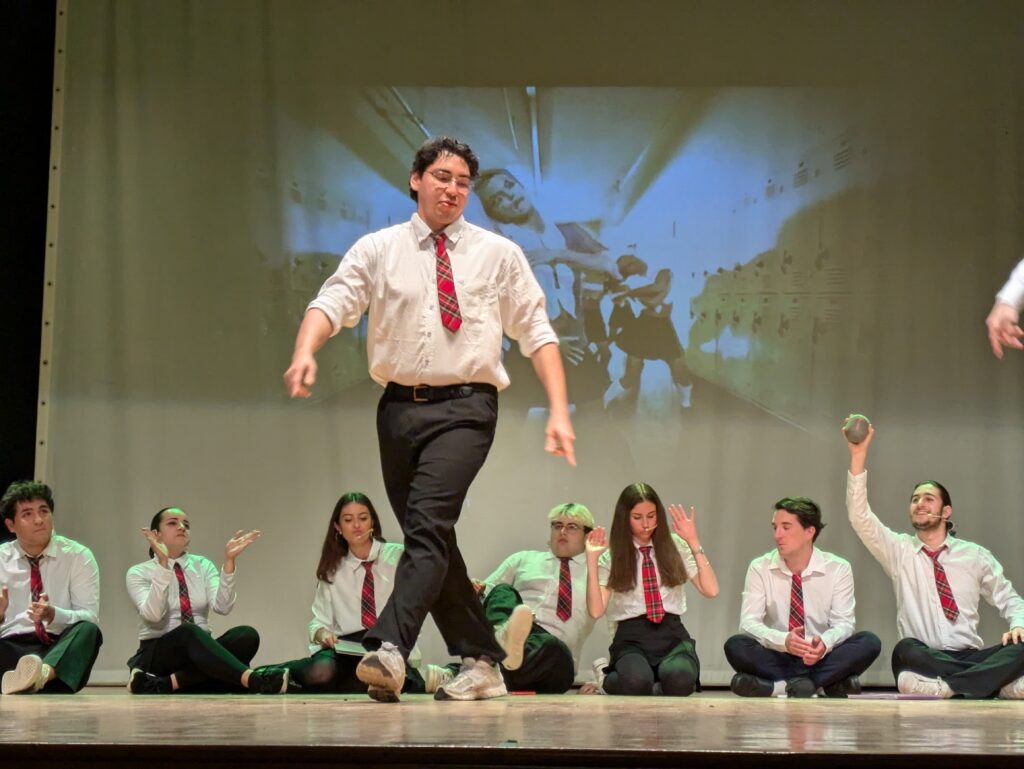
“Highway to Heaven” Arrives in Rome: Carlo Acutis’ Musical Evangelizes with Art and Heart
Exaudi Staff
09 April, 2025
2 min
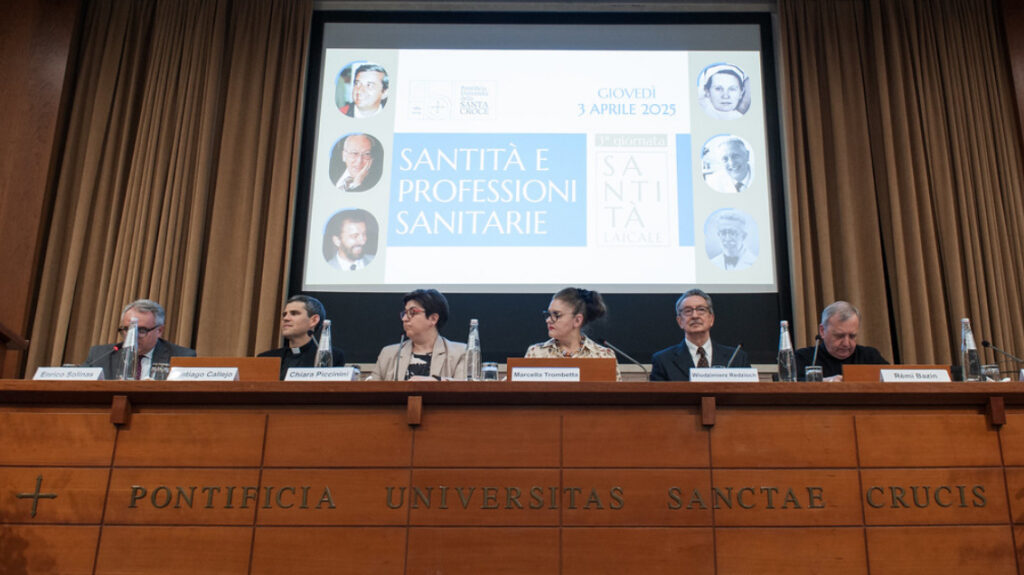
University of the Holy Cross: A Day on Lay Holiness
Wlodzimierz Redzioch
08 April, 2025
3 min
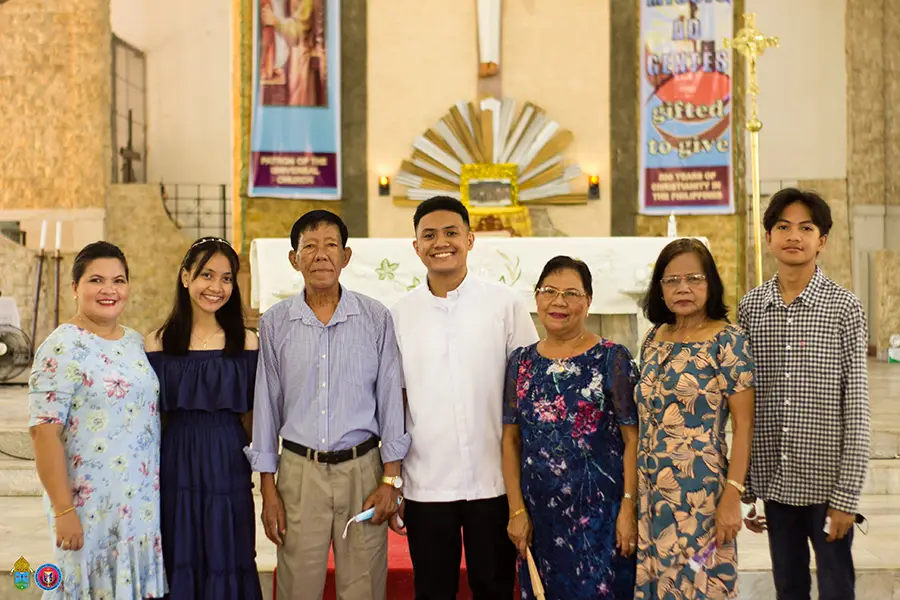
“Spain must preserve the faith it once transmitted to us”
Fundación CARF
07 April, 2025
7 min
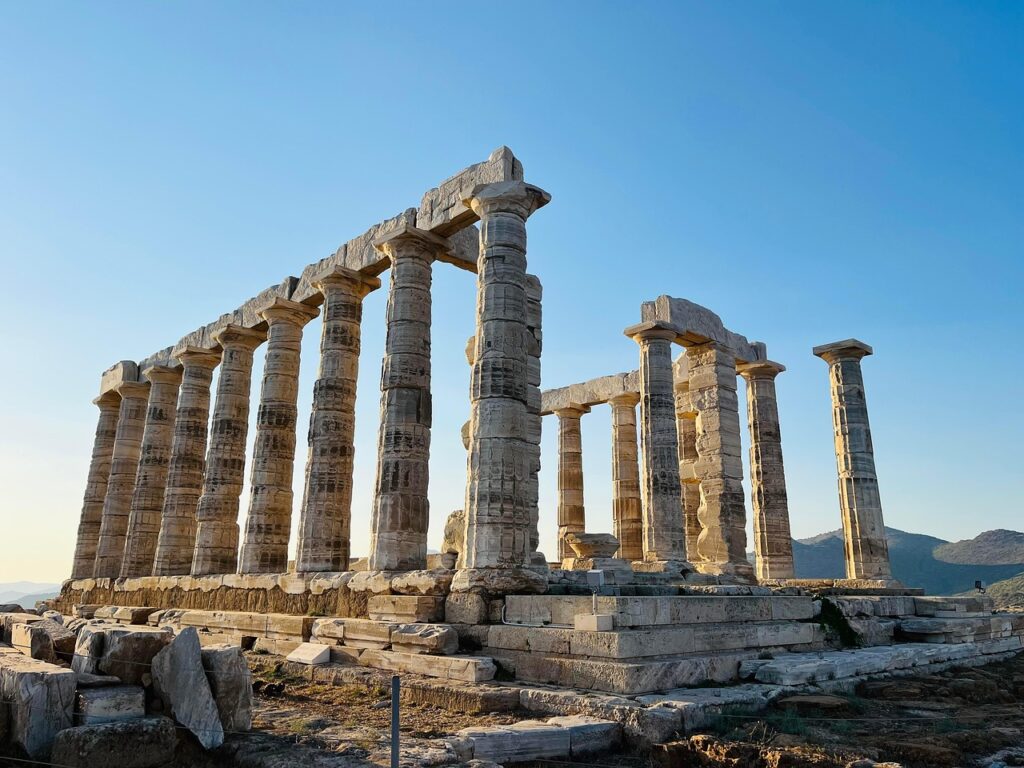
He who is without sin, let him cast the first stone: Fr. Jorge Miró
Jorge Miró
06 April, 2025
3 min
 (EN)
(EN)
 (ES)
(ES)
 (IT)
(IT)

